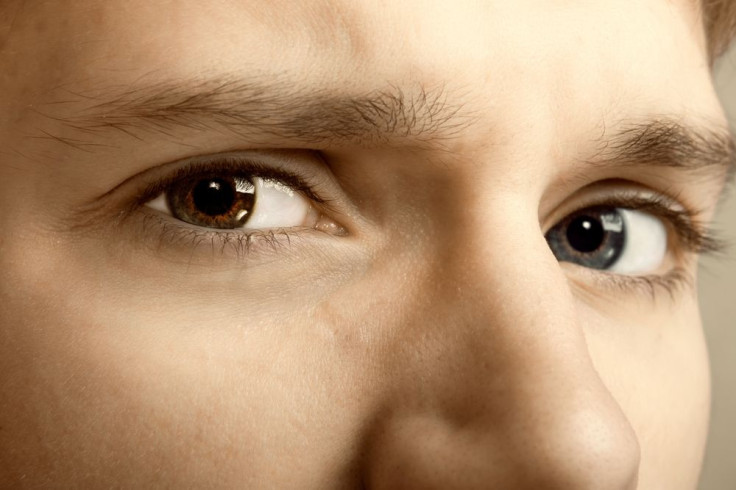Your Facial Expression Can Result In Your Social Exclusion, Study Finds

A recent study by researchers at the University of Basel in Switzerland has found that your facial expressions may lead to your social exclusion. The researchers explored how and why we take cues from others’ appearances to rationalize the way in which we interact or socialize with them.
The researchers constructed several studies to find out if people consider facial cues as a reason for social exclusion. They found that most people justified ostracizing someone if their facial features were perceived as cold and incompetent. Social exclusions often have a considerable effect on the person facing it and also at times affect third-party observers, leading to bullying and ostracism with the aim to hurt the victims.
While these activities are deemed unjustified, some feel that social exclusion is fair as in many cases groups are more likely to ostracize people who cause trouble or arguments in order to restore the harmony of their group, the study found.
"Our results suggest that the first impression a person makes can also influence moral judgments that would actually call for objectivity," Selma Rudert, the leader researcher, explained. These impressions can have far-reaching consequences in terms of how people behave in social exclusion situations. "It is conceivable that a cold and incompetent looking victim of exclusion would get less support or, in the worst case, bystanders may even actively join the ostracizing group — all based on one glance at the face of the victim," she added.
The study asked participants to evaluate a scenario in which a group decided to ostracize someone. While there was no reason given for the social exclusion, participants were shown pictures with facial expressions manipulated using a statistical model. The features were either adjusted to look friendly or to look cold, and competent or incompetent. Based on this, the participants had to evaluate the group's decision. The participants stated that it was fair for the group to exclude someone who looked both cold and incompetent.
"Individuals tend to exclude people from a groups who they perceive as troublemakers or selfish in order to restore the harmony and the cohesion of their group," Rudert reportedly said. "Since individuals make use facial features of others for their moral judgments, people whose faces appear both cold and incompetent might be more likely to be perceived as such troublemakers — and consequently, individuals judge it as more acceptable to exclude them."
However, the study does not find any evidence for any relation between facial features and personality traits. But appearances can be deceptive, and individuals might often let them guide their judgment.



























